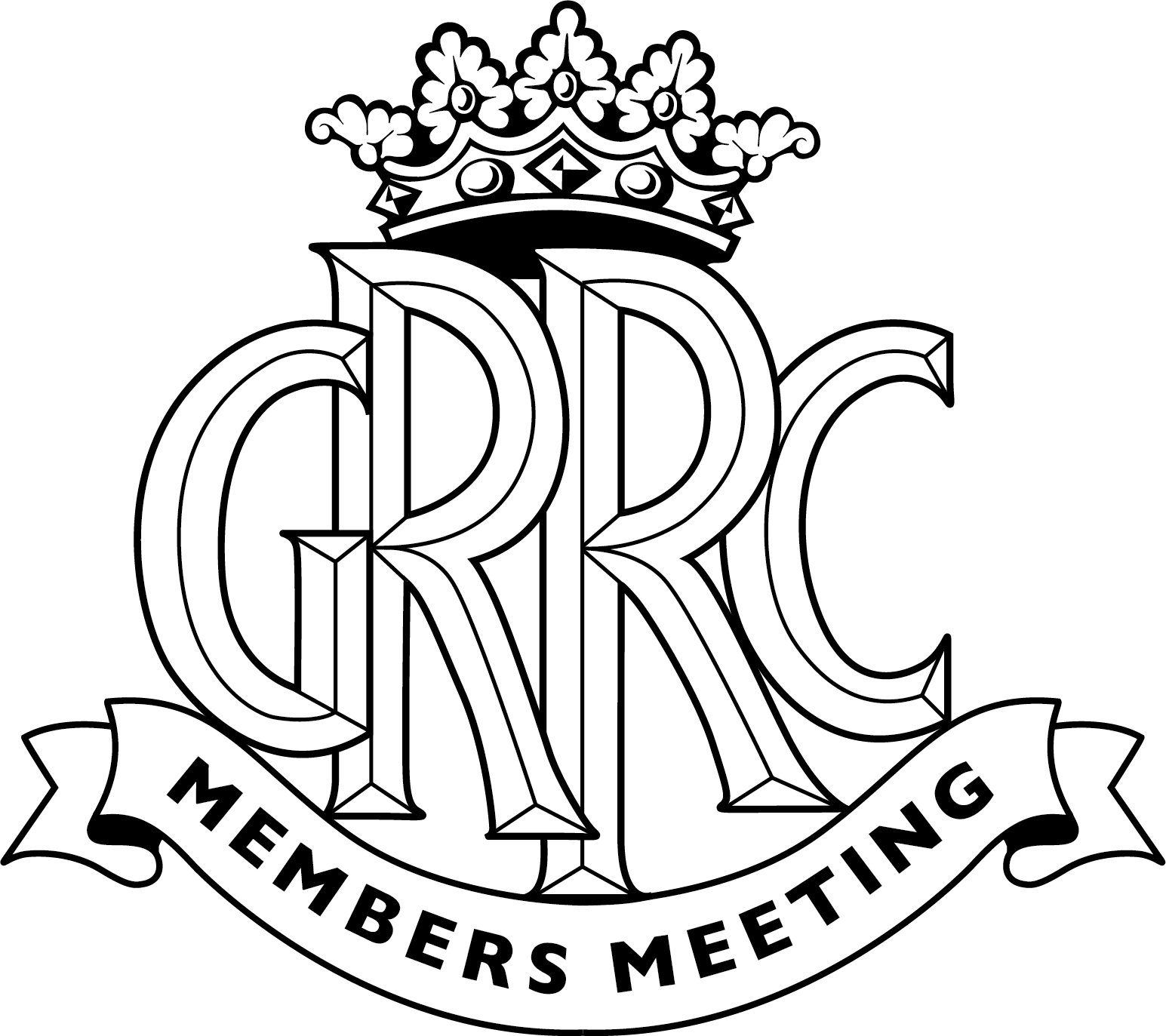Roy Salvadori’s greatest victory | Thank Frankel it’s Friday
 Andrew Frankel
Andrew Frankel
Can it possibly be that we are within one calendar of what would have been Roy Salvadori’s 100th birthday? It seems we are. I express surprise only because I can’t believe he’s already been gone almost ten years and that his centenary is soon to be upon us.

Unlike contemporaries like Stirling and Tony Brooks, I can’t say I really knew the man his chums called ‘Salvo’ at all. We had, I think, one conversation, over a telephone line, back in 2006 about a Cooper-Maserati I’d just driven because when the car had been new, he had been team manager. But I remember an incredibly urbane voice, total recall of the facts, a man generous with his time and not at all short of humour.
Of course, he really shouldn’t have lasted anything like the 90 years that were finally accorded him. 60 years earlier he’d had an accident at Silverstone which, if you look at it on YouTube without prior knowledge, you’d have judged to be absolutely unsurvivable. Injured to the point of receiving the last rites, his only concern after regaining consciousness was when he could get back behind the wheel. It began a career of over a dozen years yielding a haul of wins and podium finishes of which any driver would be proud, usually at the English airfield circuits he loved so much. Ever wondered who first uttered the famed phrase, ‘Give me Goodwood on a summer’s day and you can keep the rest’? It was Salvadori.
Ironically then, his most famous and his greatest win (for they were not the same thing) came abroad. The former was winning Le Mans in 1959, sharing an Aston Martin DBR1 with Carroll Shelby. It would be more unkind than unfair to say it was a lucky win, coming as it did only after the retirement of the entire hot favourite Scuderia Ferrari mob and, indeed, the sister car of Stirling Moss which had deliberately been fitted with an inherently weaker but more powerful four bearing crank in order to help the Boy Wonder go and break up Ferrari’s party. This he duly did before, perhaps inevitably, his Aston succumbed leaving Salvadori’s rather more gently driven car to mop up. John Wyer himself regarded Stirling’s car as ‘semi-expendable’ and went on the record to say his contribution to Aston Martin eventually winning in France could not be underestimated.
Actually, Salvo saved the best ‘til last. The race he himself regarded as his greatest coming in 1963, his last year as a full time, professional racing driver. It happened in Italy, at Monza no less, and it was extraordinary.

It was called the Coppa Inter-Europa. It was a GT car support race for that year’s Italian Grand Prix and also a round of the World Sports Car Championship. The only serious contenders were two Aston Martin DP214s, of which Roy was driving one (number 46), the wonderful Lucien Bianchi the other, and no fewer than six Ferrari 250 GTOs enjoying home advantage.
Not that they should have needed it. The GTO was in its prime and the absolutely dominant force in GT racing, so much so that one or another had won the GT class in every single round of the championship they’d entered so far that year, and now it was September with just one more to go after Monza, which a GTO would win too. No one else got a look in, least of all the Aston ‘Project’ cars which had so far failed entirely to realise their apparent potential.
And it looked like much the same would happen in Monza, with Salvadori qualifying in fourth place, more than five seconds behind poleman Mike Parkes and his Maranello Concessionaires entered GTO. But come the race, run over a three-hour duration for a single driver per car, the contest was much closer. The Aston’s weight proving much less an Achilles heel on this ultra-fast track, its power and slippery shape more of the bonus.
From less than half distance and barring retirements, it looked like Parkes would win with Salvo an honourable second. The Ferrari led, and not by much, but appeared able to control the gap. That changed at the half way pitstop, the Aston crew did a far better job than their Maranello counterparts and by the time both had stopped, Roy was three seconds ahead of Mike. The game was on.

It turned into a classic Monza slipstreaming battle, the cars taking turns to lead past the pits, to the wild enthusings of the crowd. For them, there could be no losers because the choice appeared to be an Englishman in an Italian car, or an Italian in an English car. Salvadori later said there had to be an official announcement pointing out that he too was a Brit, “after which my popularity with the crowd waned.”
Salvadori feared it would come down to the last lap, and he had a problem. He could blast past the Ferrari down the long straight past the pits, but then the GTO would sit in his slipstream until the last corner and use its better handling and traction to accelerate past at the exit and take the flag. So, he tried to break the tow, and “drove the Aston almost into the ground” in his efforts, but still the Ferrari sat there. In the end it came down to luck, good for Roy, bad for Mike who was delayed fractionally by a back-marker, but long enough – just – to break the tow. Salvo won by less than 200 metres.
Not only was it a great race, fought in the greatest of spirits, it was hugely significant too. It was the last race Aston Martin would enter as a works team for decades, but it would at the very last moment deliver one of David Brown’s fondest ambitions: to beat Ferrari on their home soil. As for Salvo, he’d broken the GT lap record time and again in what would turn out to be his last of very many drives for Aston Martin too. As he put it, “a satisfactory finale to my long and pleasant association with Aston Martin…”
Images courtesy of Motorsport Images.
Roy Salvadori
Aston Martin
Le Mans
Monza
Ferrari
Thank Frankel it's Friday

































































